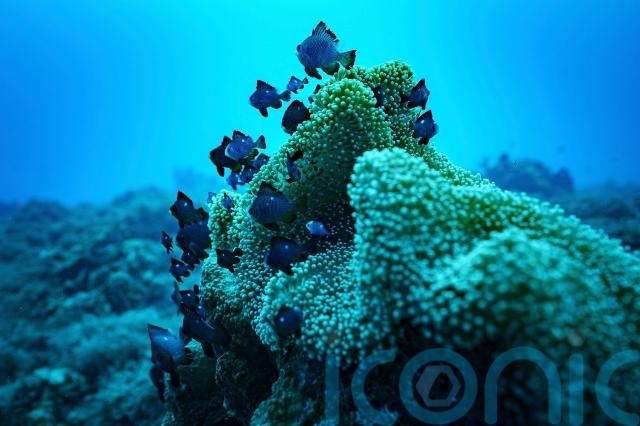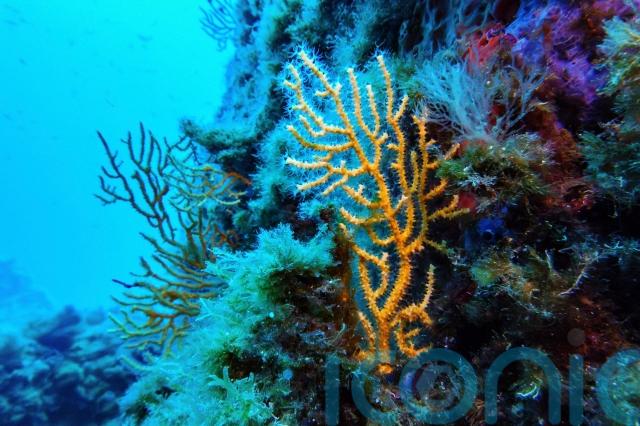
The first treaty to protect marine diversity in international waters will come into force early next year after Morocco became the 60th nation to ratify the agreement.
The high seas treaty is the first legal framework aimed at protecting marine biodiversity in international waters, those that lie beyond the jurisdiction of any single country.
International waters account for nearly two-thirds of the ocean and nearly half of Earth’s surface – and are vulnerable to threats including overfishing, climate change and deep-sea mining.
“The high seas are the world’s largest crime scene — they’re unmanaged, unenforced, and a regulatory legal structure is absolutely necessary,” said Johan Bergenas, senior vice president of oceans at the World Wildlife Fund.

But the pact’s strength is uncertain as some of the world’s biggest players — the US, China, Russia and Japan — have yet to ratify.
The US and China have signed, signalling intent to align with the treaty’s objectives without creating legal obligations, while Japan and Russia have been active in preparatory talks.
Ratification triggers a 120-day countdown for the treaty to take effect. But much more work remains to flesh out how it will be implemented, financed and enforced.
“You need bigger boats, more fuel, more training and a different regulatory system,” Mr Bergenas said. “The treaty is foundational — now begins the hard work.”
The high seas are home to an array of marine life and are crucial in regulating Earth’s climate — they absorb heat and carbon dioxide and generate half the oxygen we breathe.
The treaty is also essential to achieving what is known as the “30×30” target — an international pledge to protect 30% of the planet’s land and sea by 2030.
The treaty creates a legal process for countries to establish marine protected areas in those waters, including rules for potentially destructive activities like deep-sea mining and geoengineering schemes.

It also establishes a framework for technology-sharing, funding mechanisms and scientific collaboration among countries.
Crucially, decisions under the treaty will be made multilaterally through what are known as conferences of parties, rather than by individual countries acting alone.
Within one year of the treaty taking effect, countries will meet to make decisions about implementation, financing and oversight, and only countries that ratify before then will have voting rights.
Some experts warn the treaty’s impact could be blunted if the most powerful players on the high seas remain outside it.
“If major fishing nations like China, Russia and Japan don’t join, they could undermine the protected areas,” said Guillermo Crespo, a high seas expert with the International Union for Conservation of Nature commission.
“It will be interesting to see how the implementation of the treaty will work without those who have historically made the most use of high seas resources.”
The treaty does not create a punitive enforcement body of its own. Instead, it largely relies on individual countries to regulate their own ships and companies.
Subscribe or register today to discover more from DonegalLive.ie
Buy the e-paper of the Donegal Democrat, Donegal People's Press, Donegal Post and Inish Times here for instant access to Donegal's premier news titles.
Keep up with the latest news from Donegal with our daily newsletter featuring the most important stories of the day delivered to your inbox every evening at 5pm.